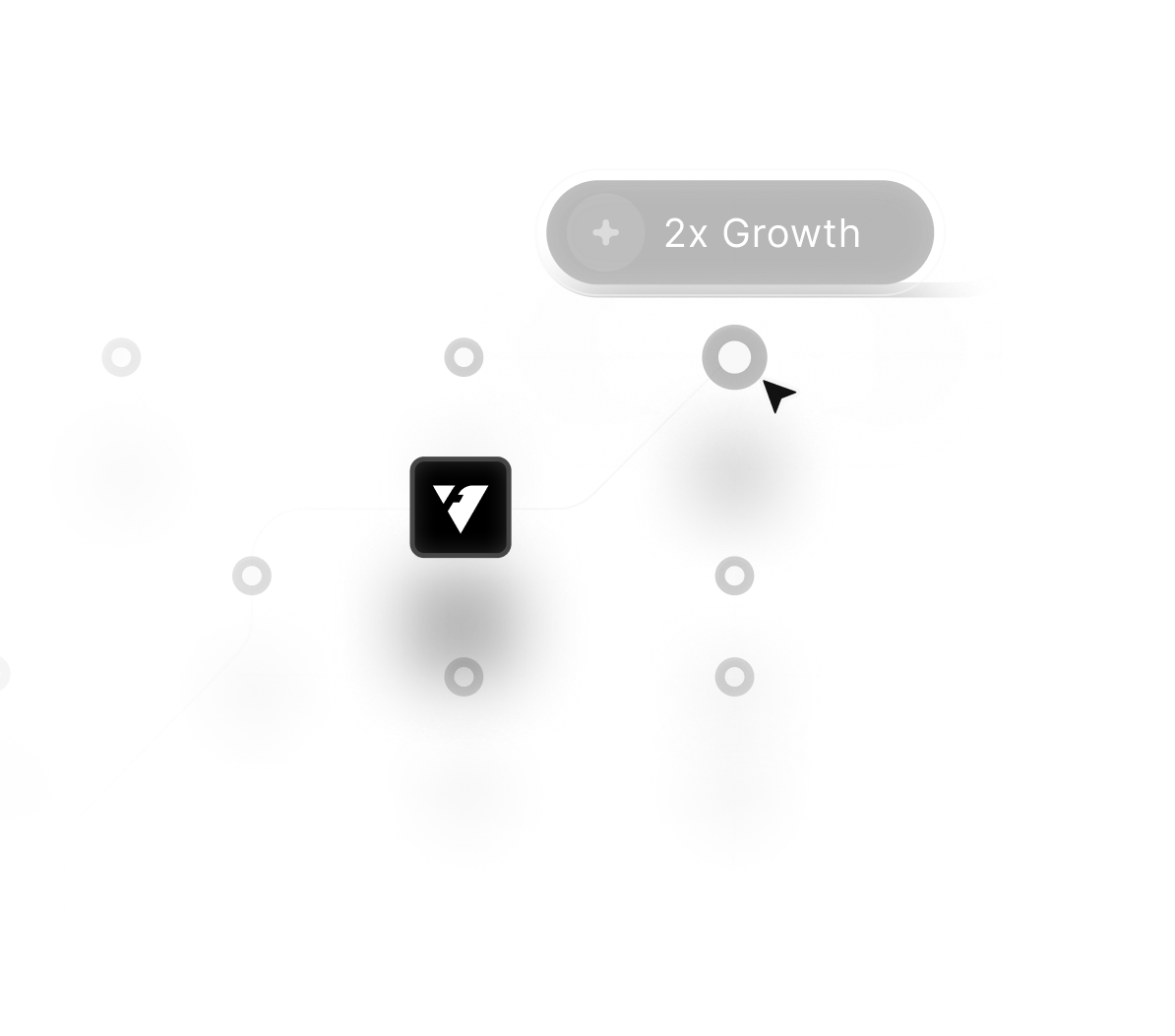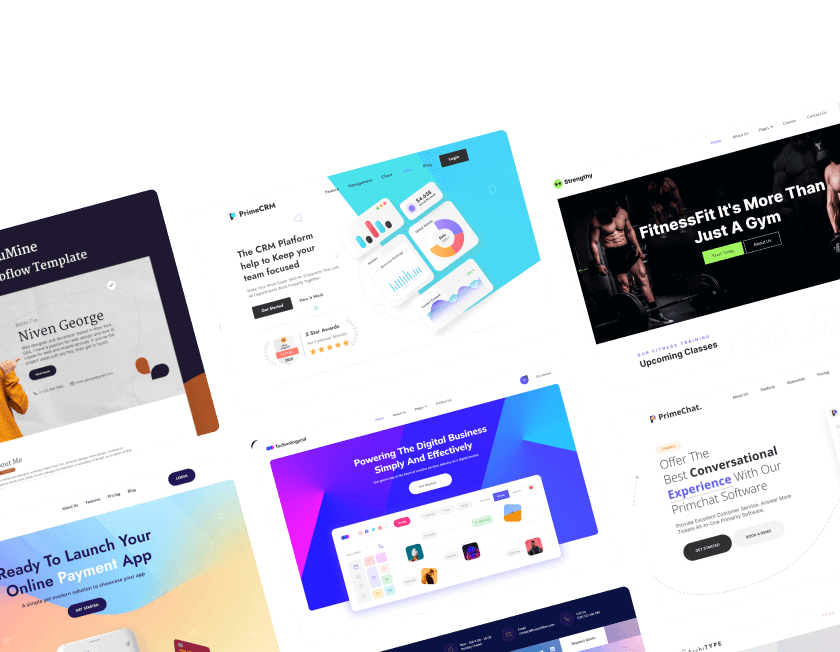January 3, 2026
12+ Advantages of UI/UX Design For Small Businesses in 2026

A strong user interface helps small businesses attract customers by offering easy navigation. UX improvements ensure customers find the information they need quickly and effortlessly.
Customer satisfaction plays a huge role in driving repeat visits and referrals to your site. Simple and elegant designs build trust and encourage users to explore products and services.
Consistency across pages helps create a professional and memorable brand experience online. Design elements like color schemes and typography influence customer perception and choices.
Mobile-friendly interfaces ensure users can browse and interact seamlessly on any device. Clear call-to-action buttons guide users toward purchases or other desired actions smoothly.
Good design helps small businesses stand out in competitive markets and attract loyal users. Enhancing usability leads to long-term benefits such as higher conversion rates and brand credibility.
"Transform how users interact with your business online.
Access a complimentary UI/UX review."
Table of Contents
- What does UX Design Entail?
- What Components Constitute UX Design?
- What does UI Design involve?
- What constitutes UI Design Components?
- Importance of UI/UX in Enhancing Your Business Website or Application
- What advantages does UI/UX Design offer to small businesses?
- Prolonged User Engagement
- Enhanced Brand Identity
- Expansion of Customer Base
- Augmented Productivity
- Elevated Platform Conversion Rates
- Contributes to Search Engine Optimization (SEO)
- Cost Reduction
- Seamless Experience across Devices
- Enhanced Website Performance
- Interaction Enhancement
- Elevates Customer Satisfaction
- Time and Cost Efficiency
- Attract Competitors' Customers
1. What does UX Design Entail?
UX design encompasses the emotions customers undergo while interacting with products or services. It involves creating a shopping or usage journey that evokes satisfaction and convenience among users.
Notably, platforms like Amazon and Apple serve as epitomes of superior user experience design. Their emphasis on impeccable design facilitates access to high-quality products, fosters customer interaction, and streamlines the shopping experience.
2. What Components Constitute UX Design?
Discover the facets that form UX design. As you explore each element, consider assessing your website to ensure their presence. Should any elements be absent, it might be beneficial to consider incorporating them into your site.
Interactive Interfaces

Interactive elements and information integration within your system are made possible through input controls, enabling customers to input details such as location.
Within the realm of input controls, various components such as checkboxes, drop-down lists, buttons, text fields, list boxes, radio buttons, toggles, and date fields play a crucial role.
Fortunately, the manual inclusion of these controls is not necessary. Website builders like Element provide pre-designed website templates equipped with these input controls, requiring only customization to align with your specific requirements.
Elements For Navigation
Navigation elements provide users with the ease of traversing through websites and products, enabling quicker access to specific pages. Essential components such as tab bars, menus, CTAs, and buttons are pivotal in elevating user experiences by facilitating seamless navigation.
Elements of Information
Informational components enable the seamless sharing of information with customers. Information architecture serves as the framework for organizing content in a clear and comprehensible manner.
This process involves breaking down information into smaller segments, arranging them systematically, and applying effective labels.
Containers Containers play a crucial role in grouping page elements and creating cohesive units to hold content together. They provide a user-friendly means of presenting various functions and topics on the screen through headers, callouts, disclosures, dialogs, and tabs. Additionally, containers serve as an effective tool for illustrating relationships between different pieces of content.
3. What does UI Design involve?

UI Design encompasses the visual arrangement and appearance of your website or application. It involves crafting elements such as buttons, images, textual content, input fields, sliders, and additional interactive features.
These interactive aspects encompass transitions, screen composition, animations, and more. A well-crafted UI emphasizes attractive color palettes, appealing button designs, animations, and a range of visual and interactive elements to enhance its overall aesthetic appeal.
4. What constitutes UI Design Components?
Foundation:
The foundation stage forms the bedrock of successful user experiences. This phase involves understanding customer needs, and pain points, and aligning them with your business objectives. Strategies are developed to identify user personas, story maps, and narratives.
Objectives:
Objectives revolve around meeting user needs while aligning with strategic business goals. Content and functionality are tailored to fulfill both user requirements and business objectives, showcasing the best product features and their benefits.
Organization:
Organization entails creating a conceptual structure for products based on user flows and research findings. This involves designing an intuitive interface that facilitates seamless interaction. It comprises interaction design, focusing on functional requirements, and informational architecture, enhancing navigation and comprehension.
Blueprint:
The blueprint, or skeleton, maps out the UI layout where design converges with user experience. It delineates the placement of product elements on the interface using wireframes and low-fidelity mock-ups, connecting them with system functionalities.
Achievement

In the culmination stage, the focus shifts to the user's perspective. This phase emphasizes the visual appeal and aesthetics of the UI, considering how individuals engage with it.
Achieving success involves selecting optimal layouts, colors, typography, imagery, brand elements (visuals), sequences, and other elements. Utilizing suitable photo editing tools enables the creation of impactful visuals tailored to your brand.
Simplify the discovery of menus, buttons, links, and text for users. Thoughtfully stylize and position each element to enhance navigation, information assimilation, and interactivity.
5. Importance of UI/UX in Enhancing Your Business Website or Application
UI/UX design plays a pivotal role in your website's success. Elevating this aspect of your site allows you to attract a larger audience, bolster conversions, sales, and overall profitability, and enhance customer retention.
Fostering Brand Loyalty
Implementing effective UI/UX designs significantly enhances customer satisfaction, contributing to greater retention and the establishment of brand loyalty.
Emphasizing Consistency
Maintaining consistency in brand representation and delivering exceptional user experiences is crucial for a thriving business. If you're seeking assistance in graphic design, numerous logo makers can simplify your branding process.
Prioritizing Customer Satisfaction
A remarkable UI/UX design should incorporate interactive and easily navigable content, encouraging prolonged user engagement on your site.
6. What advantages does UI/UX Design offer to small businesses?
1. Prolonged User Engagement
Effective UI/UX design retains users and promotes repeat sales. A well-crafted interface, easy navigation, and an engaging layout allure loyal customers, fostering enduring digital relationships. For instance, Facebook's emphasis on interactions, exceptional UI, and feature enhancements led to a 5% rise in daily active users.
2. Enhanced Brand Identity
Providing value through products, services, and UI/UX design bolsters brand credibility. This contributes to cultivating positive customer connections, inspiring loyalty, and fortifying brand recognition.
3. Expansion of Customer Base
Addressing consumer needs through outstanding UI/UX design attracts potential customers, increasing conversion prospects. A compelling approach to design captivates customer interest, potentially transforming them into loyal patrons.
4. Augmented Productivity
An intuitive UI/UX design on a streamlined website enhances employee efficiency, potentially boosting ROI. A well-designed interface facilitates seamless workflows, enabling employees to focus on essential tasks without interruptions, thereby enhancing productivity.
5. Elevated Platform Conversion Rates
A well-designed UI/UX encourages customer visitations, extended stays on the site, and frequent returns for purchases. Over time, satisfied customers advocate for your business, amplifying conversion rates.
Furthermore, the UI/UX of landing pages significantly influences website conversion rates. As the initial impression, an engaging landing page enhances the likelihood of customer conversion, as prolonged interaction often leads to higher conversion rates.
6. Contributes to Search Engine Optimization (SEO)

Consider this: UI/UX design has the potential to elevate your SEO. By implementing it into your website, you enhance search functionalities and bolster your site's standing in Search Engine Results Pages (SERPs). An exceptional design significantly optimizes your site for SEO.
7. Cost Reduction
Incorporating an optimized UI/UX design during development anticipates and mitigates usability issues, curtailing additional redesign expenses. Utilizing effective usability testing software aids in crafting a scalable, adaptable design that evolves with your expanding customer base.
8. Seamless Experience across Devices
UI/UX design ensures optimal experiences across various devices, spanning PCs, smartphones, and tablets. It's crucial to ensure seamless browsing experiences for mobile users, fostering consistency across platforms and widening your audience reach, ultimately enhancing overall profitability.
9. Enhanced Website Performance

A remarkable UX and UI can contribute to faster loading times for your site, a factor that significantly influences revenue. Even a slight improvement of 0.1% in a site’s load speed can yield a substantial increase of 10% in conversions for travel websites and 8% for retail websites.
The repercussions of a slow-loading website on customers are notable. It often leads to reduced purchases, diminished site revisits, and a reluctance to recommend the site to others.
10. Interaction Enhancement
A quality user interface design UX design delivers interactive experiences to users during their website interactions, be it browsing, downloading, purchasing, or any other action.
For instance, instead of static Call-to-Action (CTA) buttons, consider employing buttons that change color upon pressing, indicating the successful completion of an action.
11. Elevates Customer Satisfaction
A well-crafted UI/UX design ensures smooth navigation and user-friendly experiences. Customers appreciate swift interactions that enhance their satisfaction with your website, products, and brand. Satisfied consumers often become loyal customers who advocate for your products to others.
12. Time and Cost Efficiency
An adeptly designed UI/UX eliminates the need for customer support intervention. Visitors to your website encounter fewer issues, reducing the time and money spent on addressing customer inquiries.
13. Attract Competitors' Customers
UX serves as a competitive edge. Customers typically anticipate an exceptional user experience from brands. If they encounter a slow-loading or complex-to-navigate website, they're likely to explore similar offerings elsewhere.
Conclusion
User-friendly interfaces make a big difference in how customers experience your brand. Simple designs help users trust and navigate your business more effectively every time.
Good experiences lead to satisfied customers who are more likely to return and engage. Clear layouts help reduce confusion and guide users toward completing desired actions.
A strong brand image is built through consistent, thoughtful UI and UX designs. Mobile responsiveness ensures customers access your services anywhere, anytime.
Small improvements in usability create lasting relationships with your audience. Investing in design today helps future-proof your business and customer loyalty.

FAQ
1. How does UI/UX design benefit small businesses?
It improves customer interactions, enhances brand credibility, and helps boost conversion rates.
2. Can a simple design increase customer trust?
Yes, clean layouts and consistent design elements make businesses appear professional and reliable.
3. Why is mobile responsiveness important for UI/UX?
Customers browse on various devices, so seamless experiences across screens improve usability and satisfaction.
4. How does UX design influence customer decisions?
Clear navigation and intuitive paths help users find what they need, encouraging purchases and engagement.
5. What role does visual design play in user experience?
Colors, fonts, and layouts impact user emotions and choices, shaping how customers interact with your brand.
6. Is investing in UI/UX design cost-effective for small businesses?
Yes, improving usability leads to better customer retention and long-term growth without heavy marketing costs.
Table of Contents
Choose Our Service, Grow Fast!
Follow Us
Related Posts

February 27, 2026
Create outstanding streaming websites in 2026 using 10+ premium Framer templates, crafted for speed, responsive performance, and high-quality content engagement.
Create outstanding streaming websites in 2026 using 10+ premium Framer templates, crafted for speed, responsive performance, and high-quality content engagement.


Plan a high-converting pricing page for your SaaS app. Discover best practices, successful SaaS pricing pages & examples. Boost conversion now!
Plan a high-converting pricing page for your SaaS app. Discover best practices, successful SaaS pricing pages & examples. Boost conversion now!


February 25, 2026
Routine Webflow maintenance strengthens site reliability through clean updates, optimized performance, and structured improvements that support growth throughout 2026 and beyond.
Routine Webflow maintenance strengthens site reliability through clean updates, optimized performance, and structured improvements that support growth throughout 2026 and beyond.

Ready to Scale Your Project to the Next Level?
Let's take your project to new heights, reach out and see how we can help you.




















